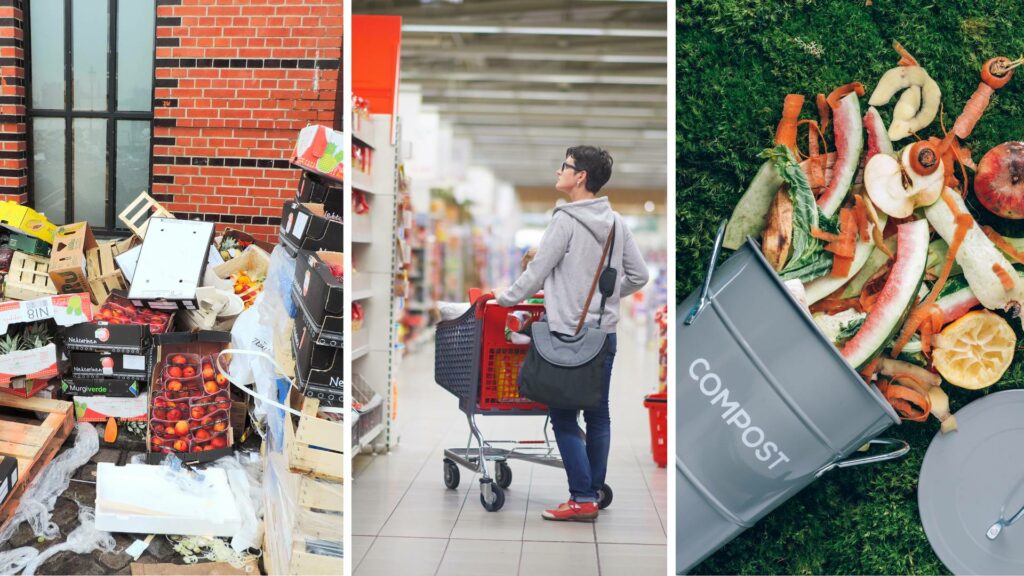The European Commission hosted last weekend the closing session of the first European Citizens' Panel, allowing citizens to provide their input in the form of recommendations on how-to step-up action to reduce food waste in the EU.
As previously reported, the first event of a new type of participatory democracy after the Conference on the Future of Europe ended in May 2022 was kicked-offed in December last year. Citizens’ Panels are composed of randomly selected citizens who are representative of the EU's diversity in terms of geography (national and urban/rural origin), gender, age, socio-economic background and level of education. One third of the participants are young people under the age of 26.
The first panel on food waste was followed by an online session on 20-22 January and was concluded by a final session on 10-12 February in Brussels, with the submission of the panel's report to the Commission.
The panel of 150 participants put forward 23 recommendations aimed at boosting ongoing efforts at reducing food waste, by strengthening cooperation in the food value chain, encouraging relevant initiatives in the food industry and supporting consumer-behaviour change.
The Commission told The Brussels Times that the recommendations all have the same weight and have been grouped in no particular order. It will now be up to the Commission to make the best use of the recommendations in its upcoming revision of the Waste Framework Directive with binding food waste reduction targets.
The Commission plans to adopt the legislative proposal by June 2023. It will then have to be negotiated with the European Parliament and the Council, a process which can take up to two years. After that it can take another year to transpose the directive into law by the EU member states.
Eurostat, the Commission’s statistical office, started to report on food waste levels in the EU as of 2020. In an inception impact assessment, the Commission defined the problem the revised directive aims to tackle as follows:
“With up to 20% of all food produced in the EU ending up as food waste and 88 million tonnes of food waste generated annually (including both edible and inedible parts), food waste is one of the largest sources of inefficiency in the agri-food chain and depletes limited natural resources, such as land, water and biodiversity, on which the food system depends.”
Food waste might be a much bigger problem than previously thought if food lost at the farming stage is included according to a report published by WWF in July 2021. The report indicated that over 15 % of food produced around the world is lost during harvest or slaughter operations. The new estimates mean that as much as 40% of all food is never eaten when both farming and post-farming are taken into account.
M. Apelblat
The Brussels Times

